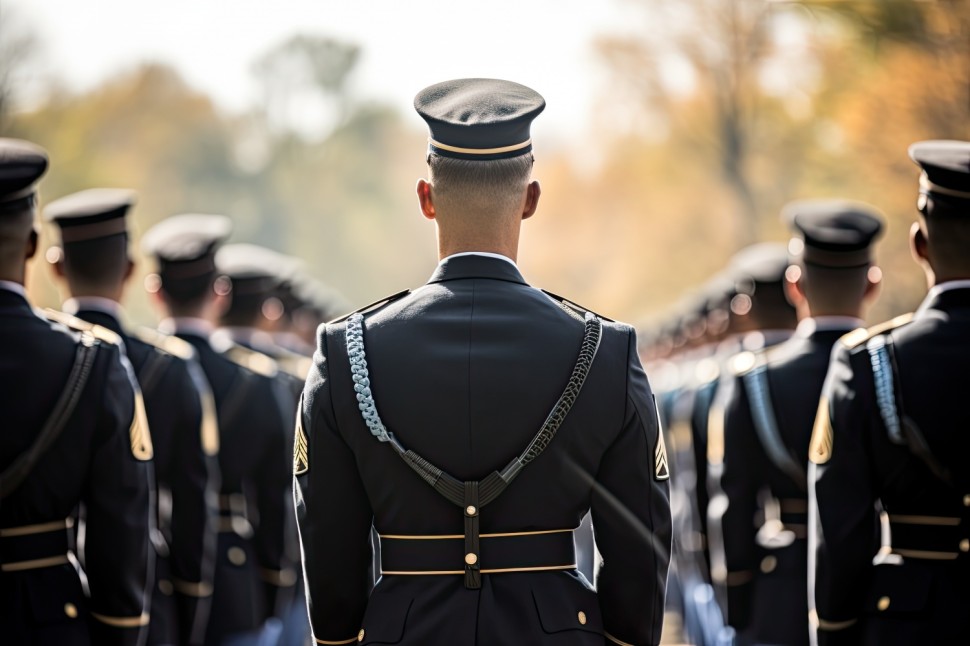A case has been filed before the U.S. Supreme Court concerning race classification as a determining factor in West Point military academy admissions. Students for Fair Admissions urges the court - which previously judged on race-conscious policies at Harvard University and the University of North Carolina - also to consider the issue at West Point, known for its prestigious Army cadet program.

Disputes on Fair Admissions Policies
The Students for Fair Admissions group argues that West Point's discriminatory policy is unconstitutional. It requested an injunction before the application deadline for the class of 2028, arguing that racially biased admissions are fundamentally inconsistent with the mission of the nation's military institutions.
Nevertheless, the U.S. Justice Department defends these admissions policies, asserting that West Point's role as a primary origin for future Army officers makes diversity in its student body mission-critical.
Officer Corps Diversity Highlighted
The president of Students for Fair Admissions, Edward Blum, firmly believes that the Supreme Court should not allow West Point to use racial classifications in its admissions process. This comes in the aftermath of a federal judge rejecting their request for an emergency injunction in early January. This rejection prompted an appeal to the 2nd U.S. Circuit Court of Appeals.
The plea to the Supreme Court arose following a lawsuit filed last September on behalf of two group members. The members - a rookie college student and a high school student - both challenged the admissions process, arguing that though they are fully qualified, they may be disadvantaged due to being white. The lawsuit claimed West Point's existing policies were biased against white applicants and breached equal protection under the U.S. Constitution.
Interestingly, while negating admission policies like Harvard and UNC, the Supreme Court did not touch upon race in admission regulations at military academies, which, according to Chief Justice John Roberts, may have distinct interests involved.
Ending Unequal Representation?
In defending race-conscious admissions in military academies, President Joe Biden's administration argued that a lack of diversity among senior officers can cause mistrust within the armed forces. For example, although black people constitute roughly 20% of active-duty enlisted personnel, they make up only 11% of Army officers. Similarly, Hispanics represent 18% of active personnel but only 9% of officer roles.
Conversely, white personnel constitute over half (51.7%) of active-duty enlisted corps and almost 70% of officers, data from the Justice Department reveals.
Maintenance of Equality Is Paramount
These findings underscore several inconsistencies that have caused quite a stir. The U.S. justice system and military academies nationwide now face the challenge of ensuring equal opportunities for all applicants, regardless of their racial background.
In situations like this, legal expertise from experienced lawyers can shed light on complex matters like race-conscious policies and their legality under U.S. law. If you or someone you know is facing racial disparity in college admission or other aspects of life, get professional assistance from seasoned lawyers to charter a transparent and fair path ahead.




